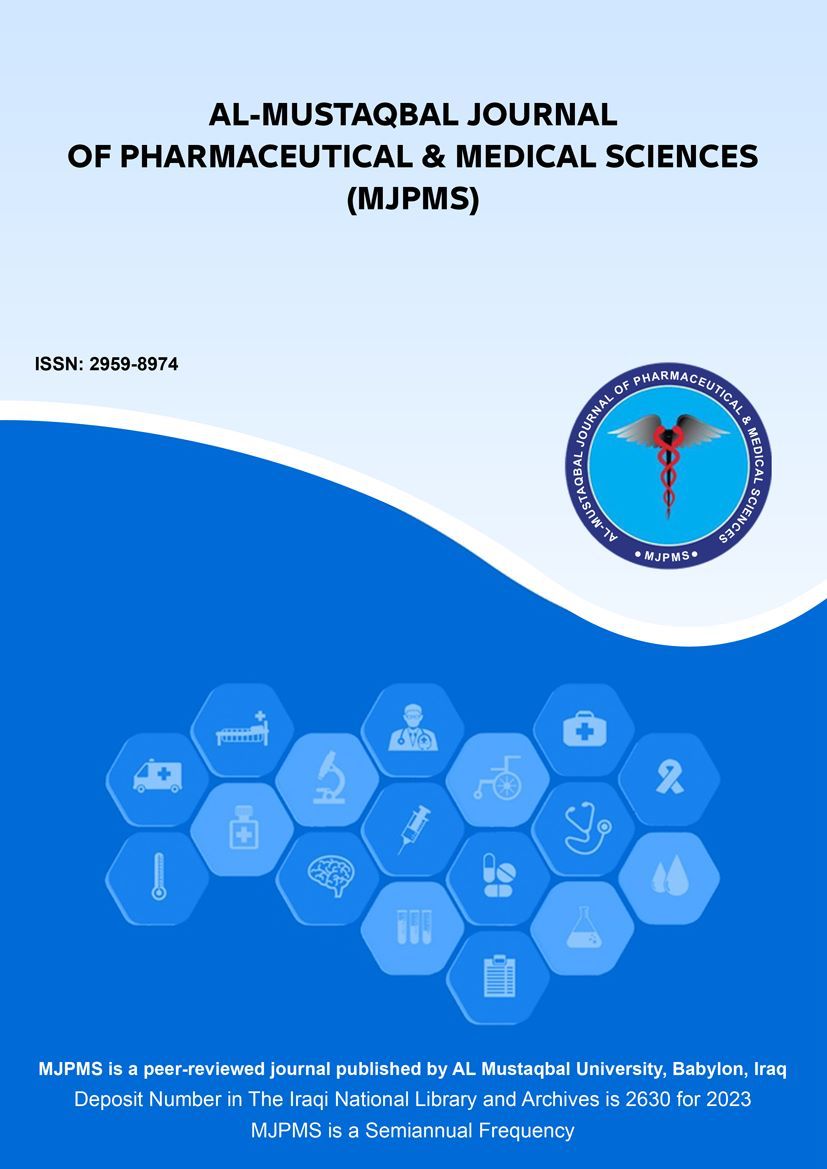Abstract
Background: Despite the critical role nurses play in managing poisoning cases, gaps in their knowledge can hinder
patient outcomes. An educational program may address this deficit, but its effectiveness on nurses’ knowledge in
poisoning management remains to be systematically evaluated.
Objectives: This study aimed to examine the effect of an educational program on nurses’ knowledge of poisoning
management.
Methods: A quasi-experimental study with a pre- and post-test design was conducted on 80 nurses working in an
emergency department (ED) in Al-Q¯ adisiyyah Governorate, Iraq. The 80 nurses were randomly allocated into two groups
of 40 to either receive the educational intervention or serve as a control group. Nurses in the intervention group received
three sessions of educational lectures over three consecutive days while the control group received no training. A 20-item
questionnaire was used to assess nurses’ knowledge of poisoning management at baseline and two months after the end
of the intervention. Descriptive statistics, chi-square, Fisher’s exact test, t-test, paired t-test, and analysis of variance
were used to analyze the data.
Results: At baseline, the intervention and control groups did not significantly differ in their mean knowledge scores
(1.36 0.13 vs. 1.40 0.12, P 0.172). The intervention group’s knowledge score increased to 1.91 0.05 after the
intervention (P < 0.001), while the control group’s score did not change significantly (P 0.08).
Conclusion: The educational program could significantly increase nurses’ knowledge of poisoning management.
Therefore, it is recommended that similar educational programs be held on a regular basis to improve emergency nurses’
knowledge and update them on how to handle poisoning cases.
patient outcomes. An educational program may address this deficit, but its effectiveness on nurses’ knowledge in
poisoning management remains to be systematically evaluated.
Objectives: This study aimed to examine the effect of an educational program on nurses’ knowledge of poisoning
management.
Methods: A quasi-experimental study with a pre- and post-test design was conducted on 80 nurses working in an
emergency department (ED) in Al-Q¯ adisiyyah Governorate, Iraq. The 80 nurses were randomly allocated into two groups
of 40 to either receive the educational intervention or serve as a control group. Nurses in the intervention group received
three sessions of educational lectures over three consecutive days while the control group received no training. A 20-item
questionnaire was used to assess nurses’ knowledge of poisoning management at baseline and two months after the end
of the intervention. Descriptive statistics, chi-square, Fisher’s exact test, t-test, paired t-test, and analysis of variance
were used to analyze the data.
Results: At baseline, the intervention and control groups did not significantly differ in their mean knowledge scores
(1.36 0.13 vs. 1.40 0.12, P 0.172). The intervention group’s knowledge score increased to 1.91 0.05 after the
intervention (P < 0.001), while the control group’s score did not change significantly (P 0.08).
Conclusion: The educational program could significantly increase nurses’ knowledge of poisoning management.
Therefore, it is recommended that similar educational programs be held on a regular basis to improve emergency nurses’
knowledge and update them on how to handle poisoning cases.
Keywords
Care
Education
Knowledge
Nurses
Poisoning
